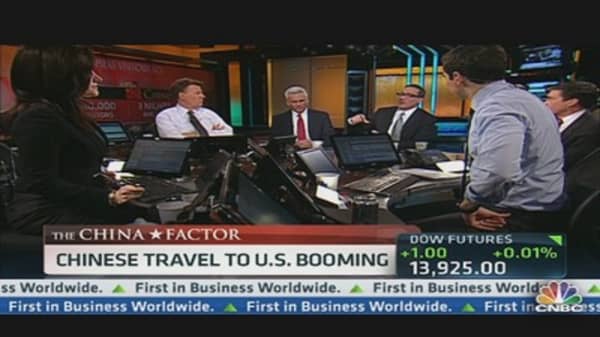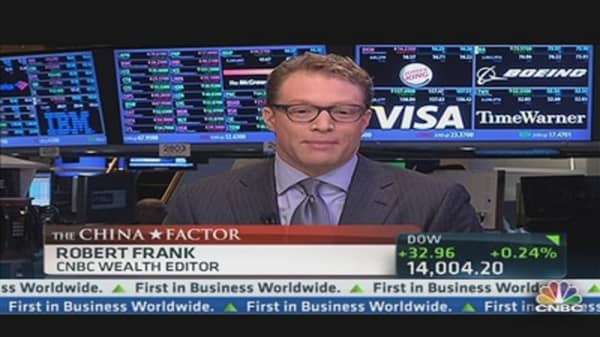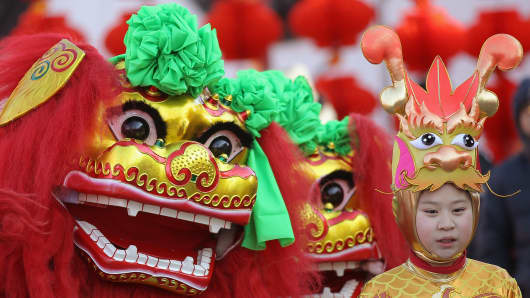California's Division of Tourism reported Chinese visitors spend on average $179 per day and as much as $1,897 per trip. That's way above the average for all overseas visitors to California of only $117 and $1,299 respectively.
The Greater Boston Convention and Visitors Bureau's research found similar high-spending patterns. Consider this: in 2011, British visitors to Boston numbered 280,000, spent an average of 5 nights, and collectively spent $230 million. The number of Chinese visitors was less than half the number of Brits: 130,000. They spent on average less than 3 nights in the city. And yet, they collectively outspent the British: $300 million.
That short length of stay frustrates tourism promoters in the Boston area. They've discovered that one of the only reasons the Chinese visit Boston is to make the pilgrimage to Havard and MIT. After that they leave.
Jolin Zhou, of Sunshine Travel, the largest Chinese tour operator in Boston, said she arranges tour packages for thousands of Chinese students every year. (Read More: Has China Quietly Joined the Currency War?)
She noted, "The biggest reason Chinese visitors come to Boston is to visit prestigious academic institutions like Harvard and MIT because Chinese people really attach great importance to education and are very willing to spend on it."
The Boston Convention Bureau is now making huge efforts to convince these visitors that Boston has to more to offer than just the universities. If they can increase the average length-of-stay be even one night, it will translate into even more money for the city.
The organization's president Pat Moscaritolo told CNBC they are creating a webinar for Boston retailers and restaurants to give them pointers on catering to the Chinese customer. And they've helped local restaurants create Mandarin-language menus.
—By CNBC's Michelle Caruso-Cabrera; Follow her on Twitter: @MCaruso_Cabrera






